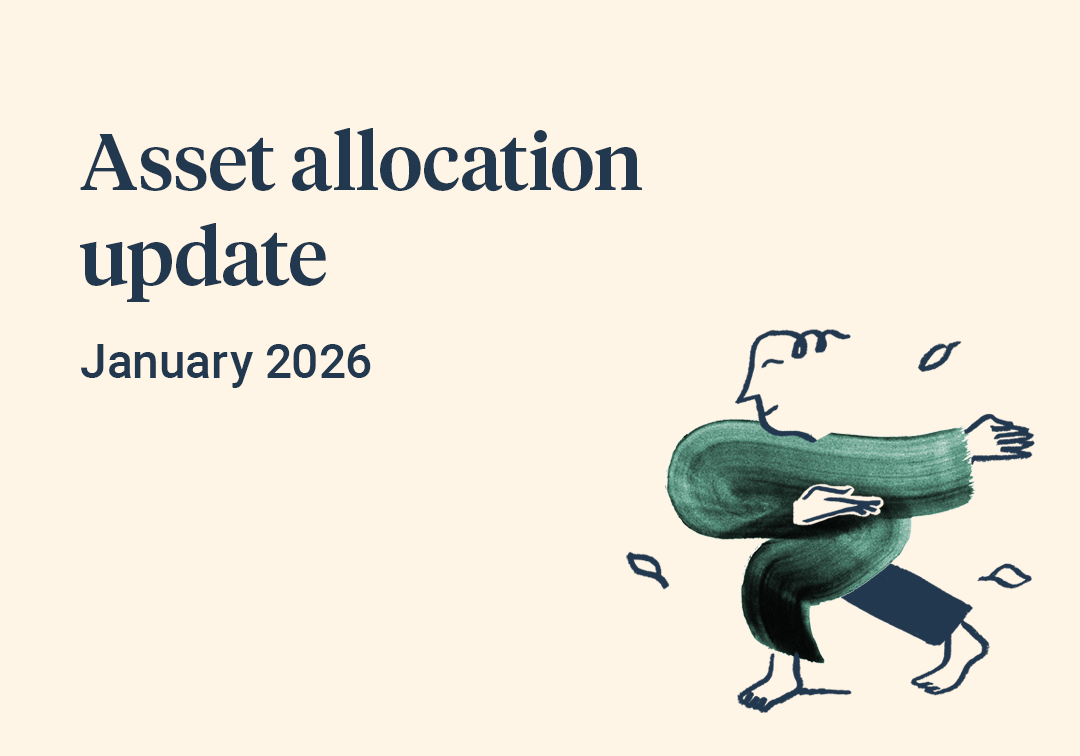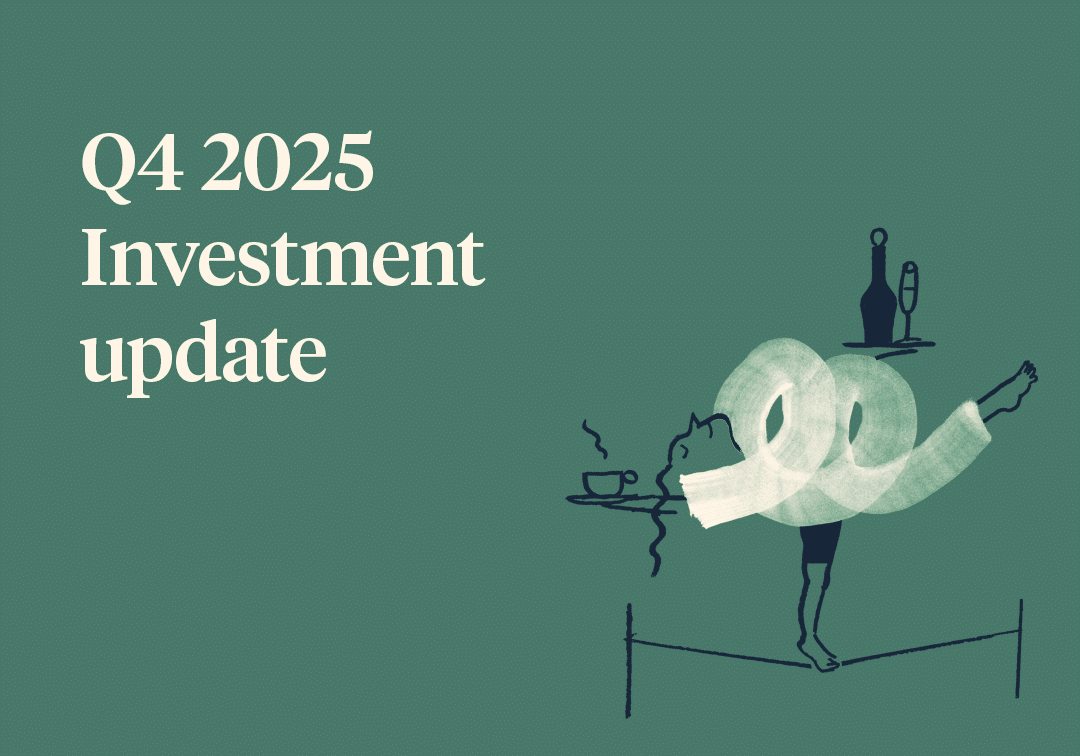A significant number of high earners overpay their mortgage but aren’t maxing out their pension contributions. Now, this could be the right decision in some circumstances but, if you stopped overpaying the mortgage and instead put the money into your pension, you could pay your mortgage off twice as fast! Unbelievable right?..
Well, let me take you through the numbers. As an illustration, we will use somebody earning £135,000 a year.
The 60% tax trap
Firstly, it’s important to remind you of the dreaded 60% tax trap. When an individual’s taxable income reaches £100,000, their tax-free personal allowance is gradually cut by £1 for every £2 of additional income. Once their income reaches £125,140 they lose their personal allowance entirely.
As a quick example: if you were to earn £1,000 over the £100,000 mark, it will be taxed at 40% costing you £400. However, you’ll also lose £500 of your personal allowance. To add insult to injury, that £500 will now also be taxed at 40%, costing you another £200. The additional £1,000 of income will cost you £600 in tax total – 60%!




